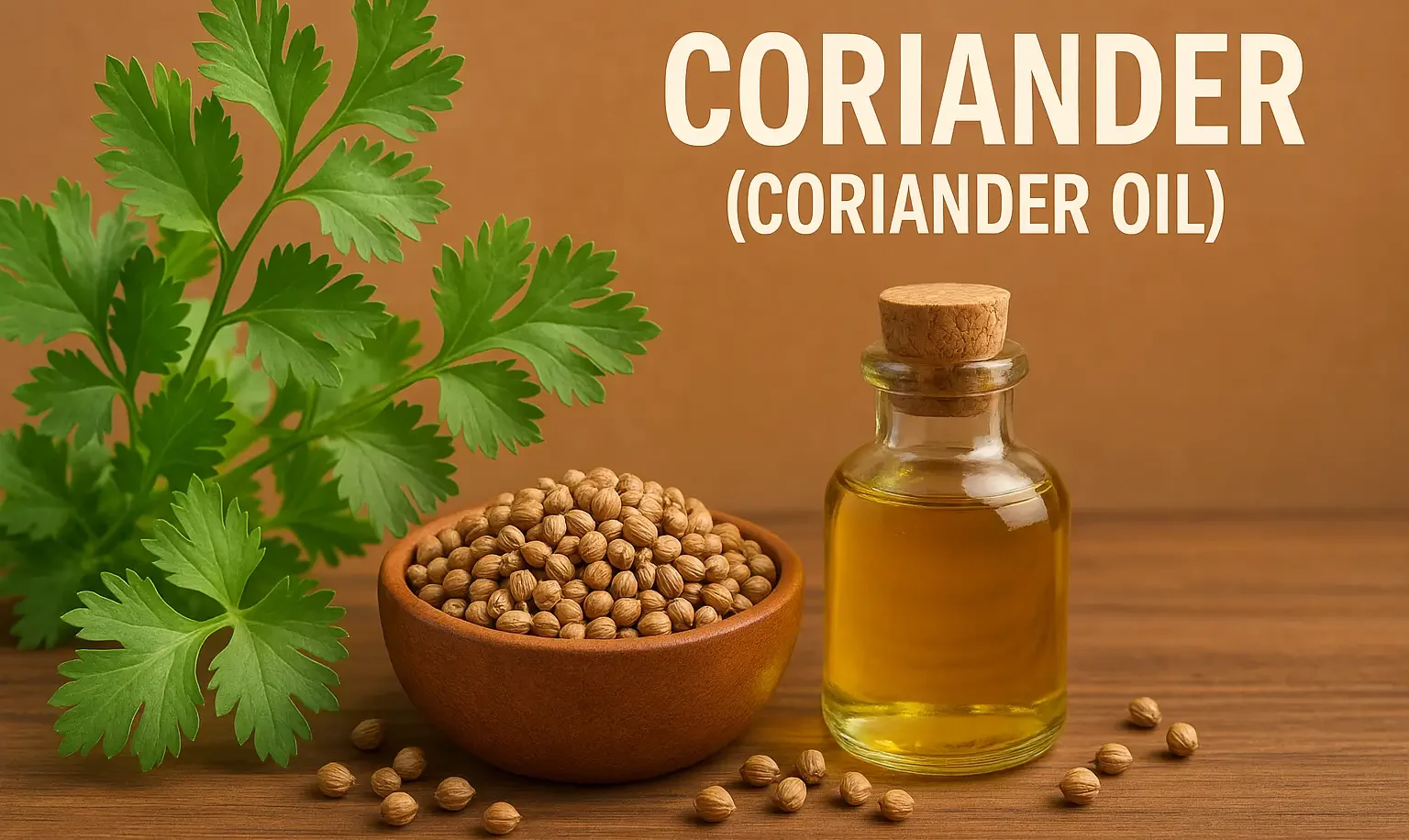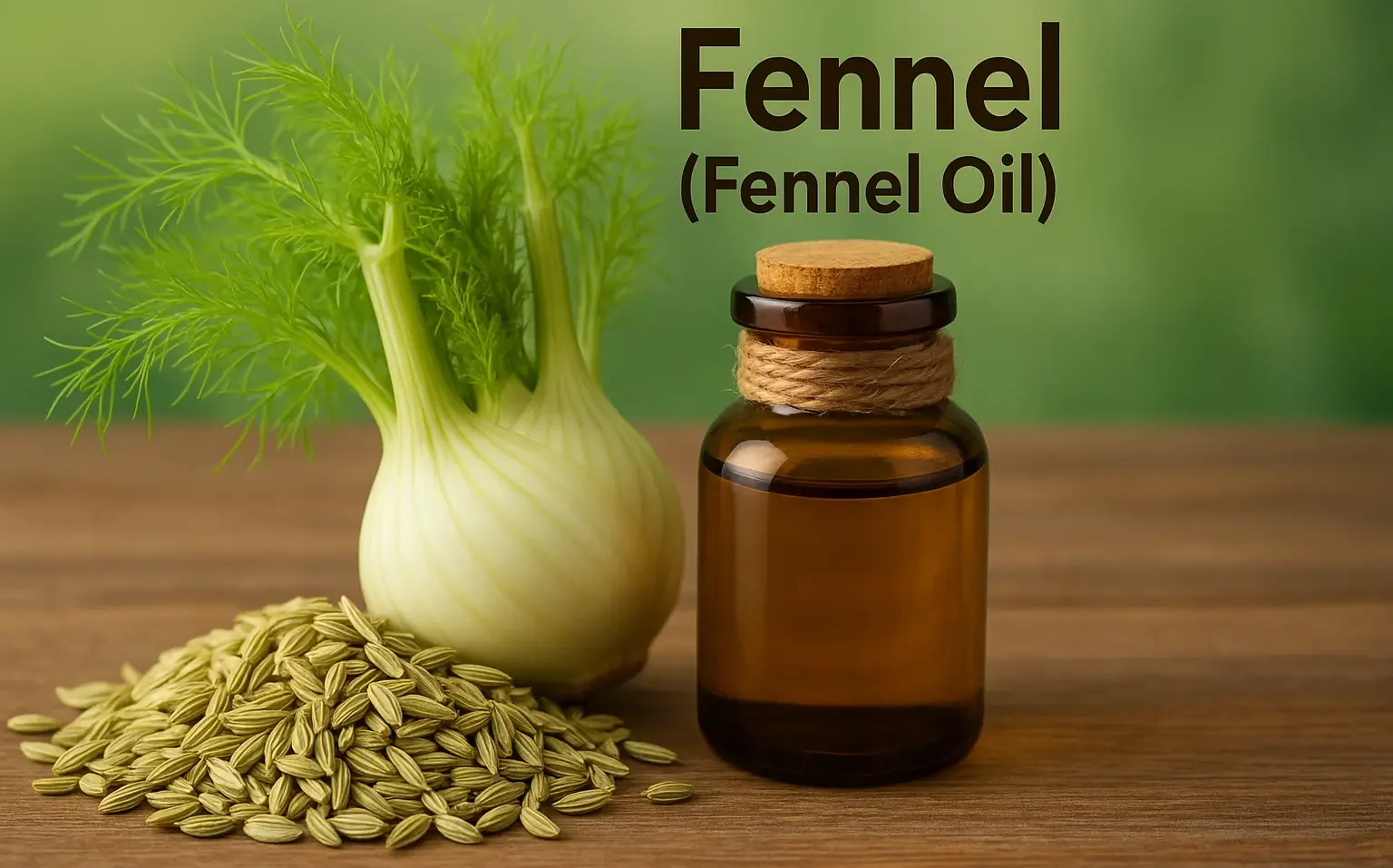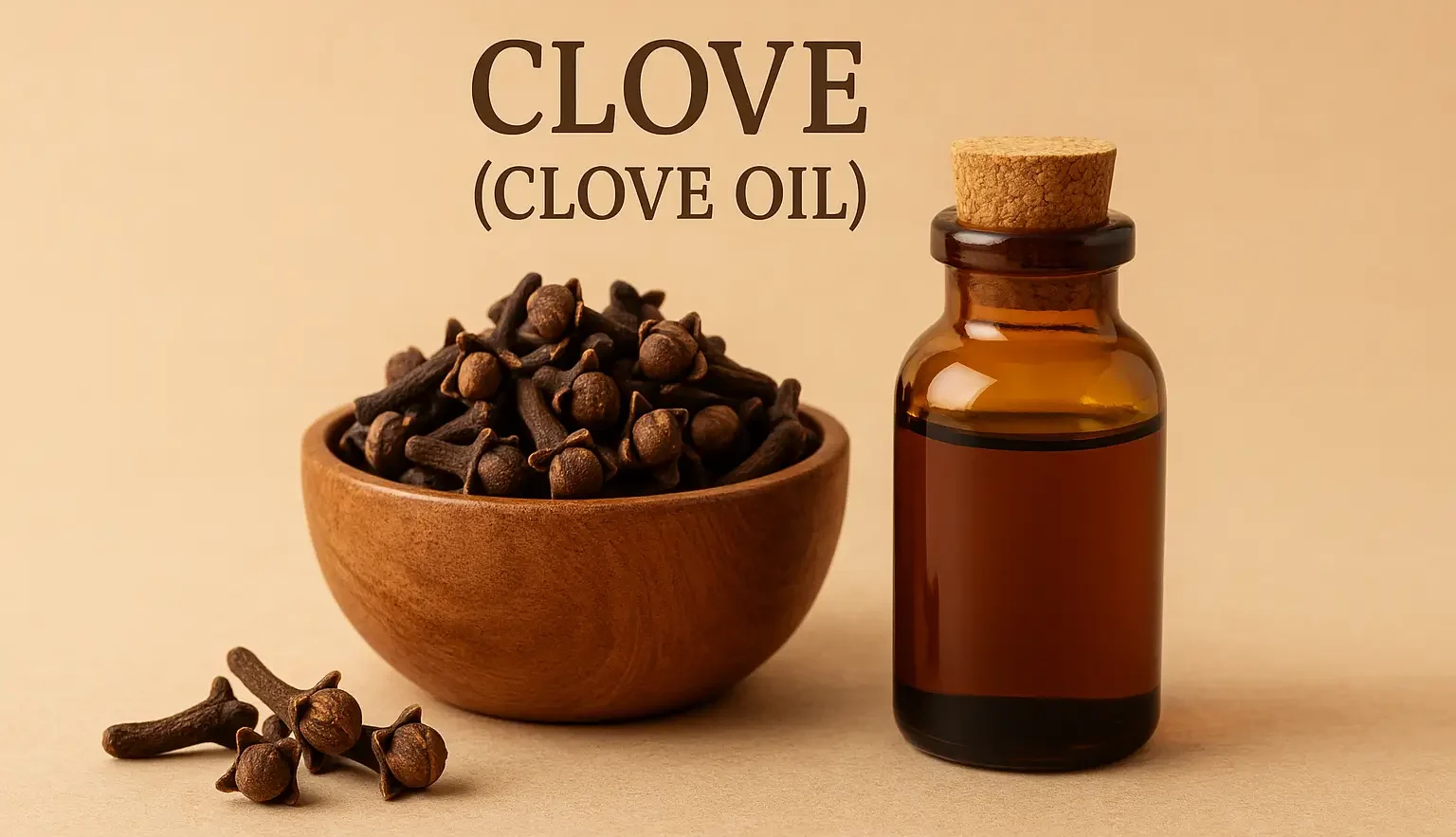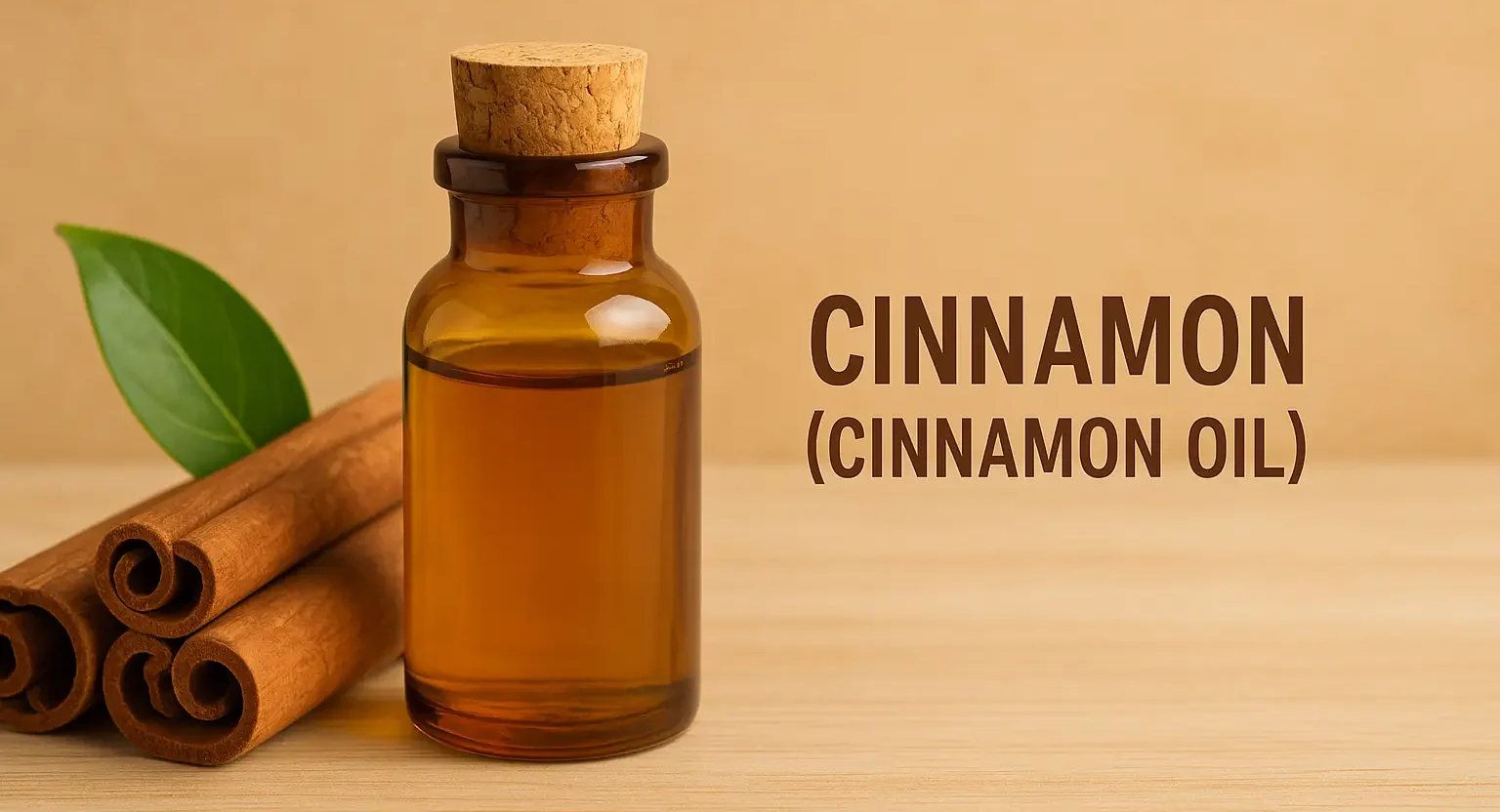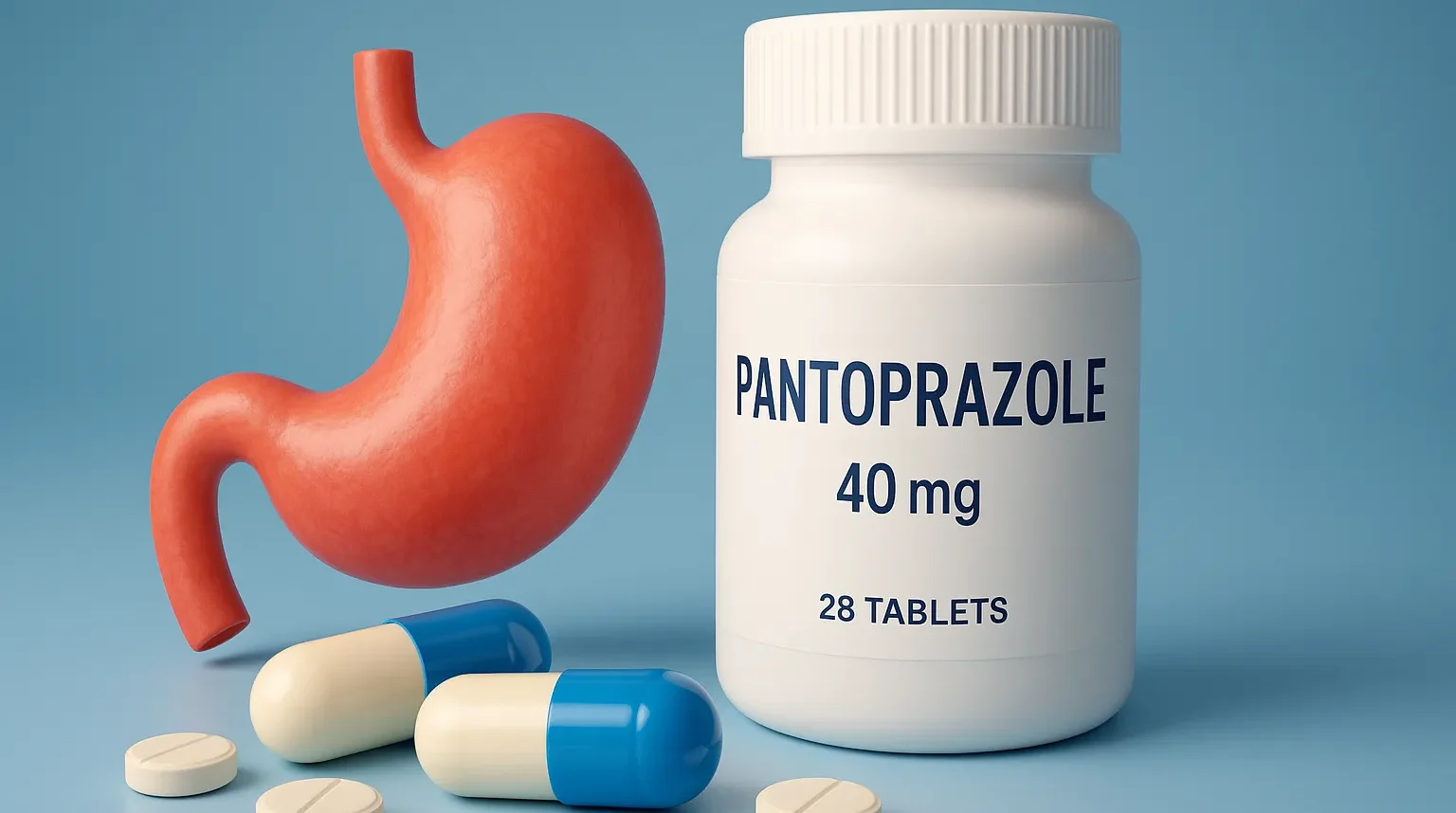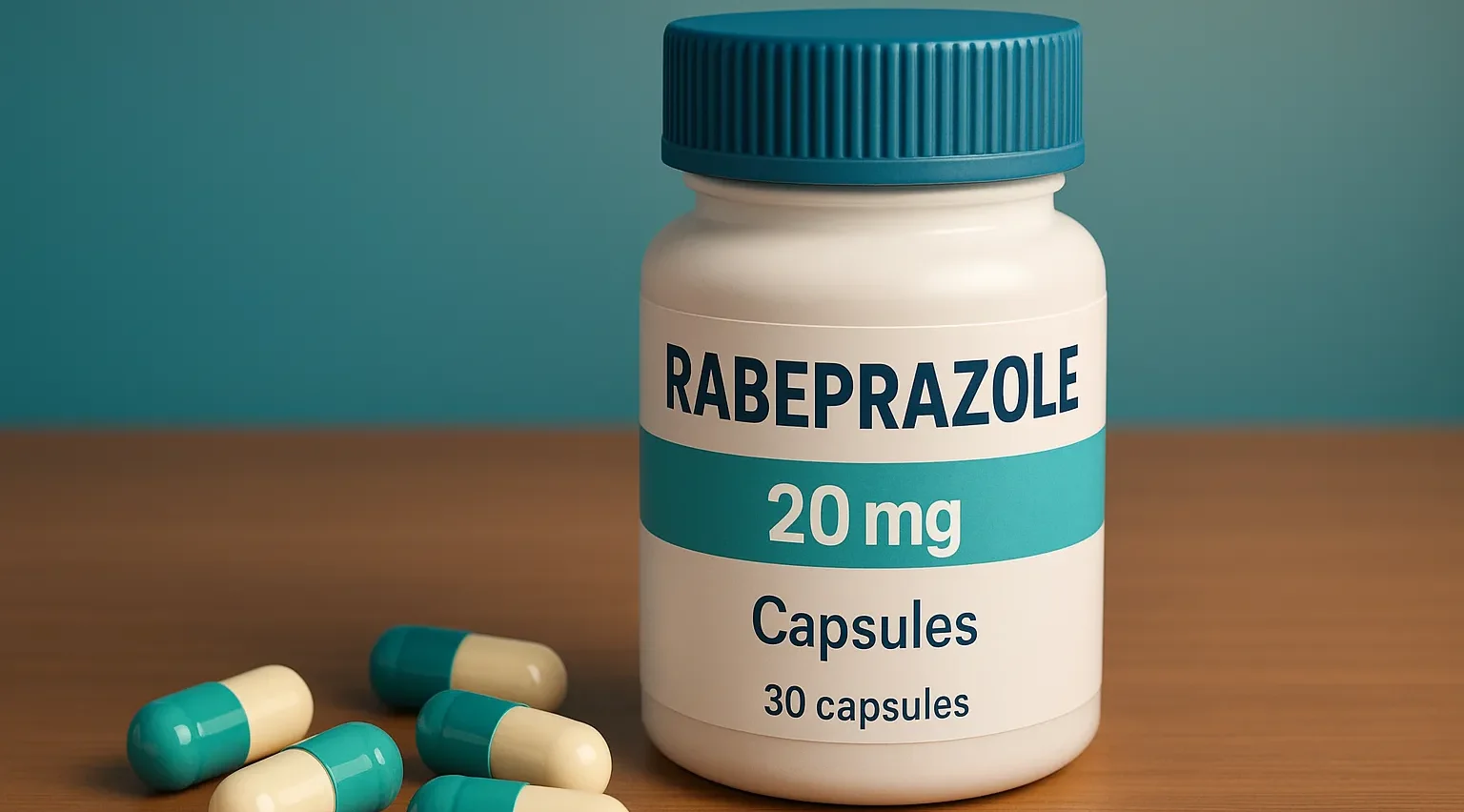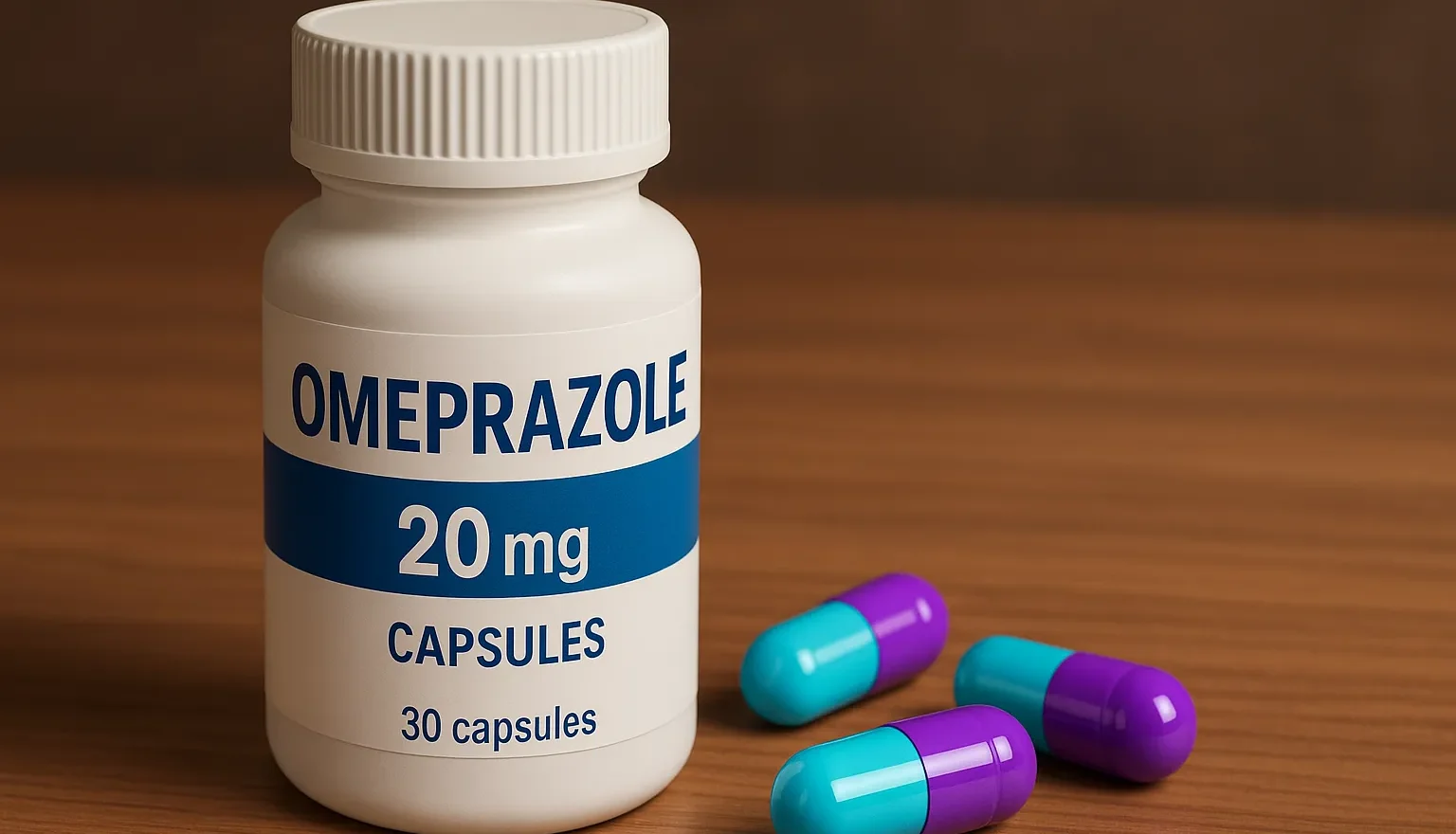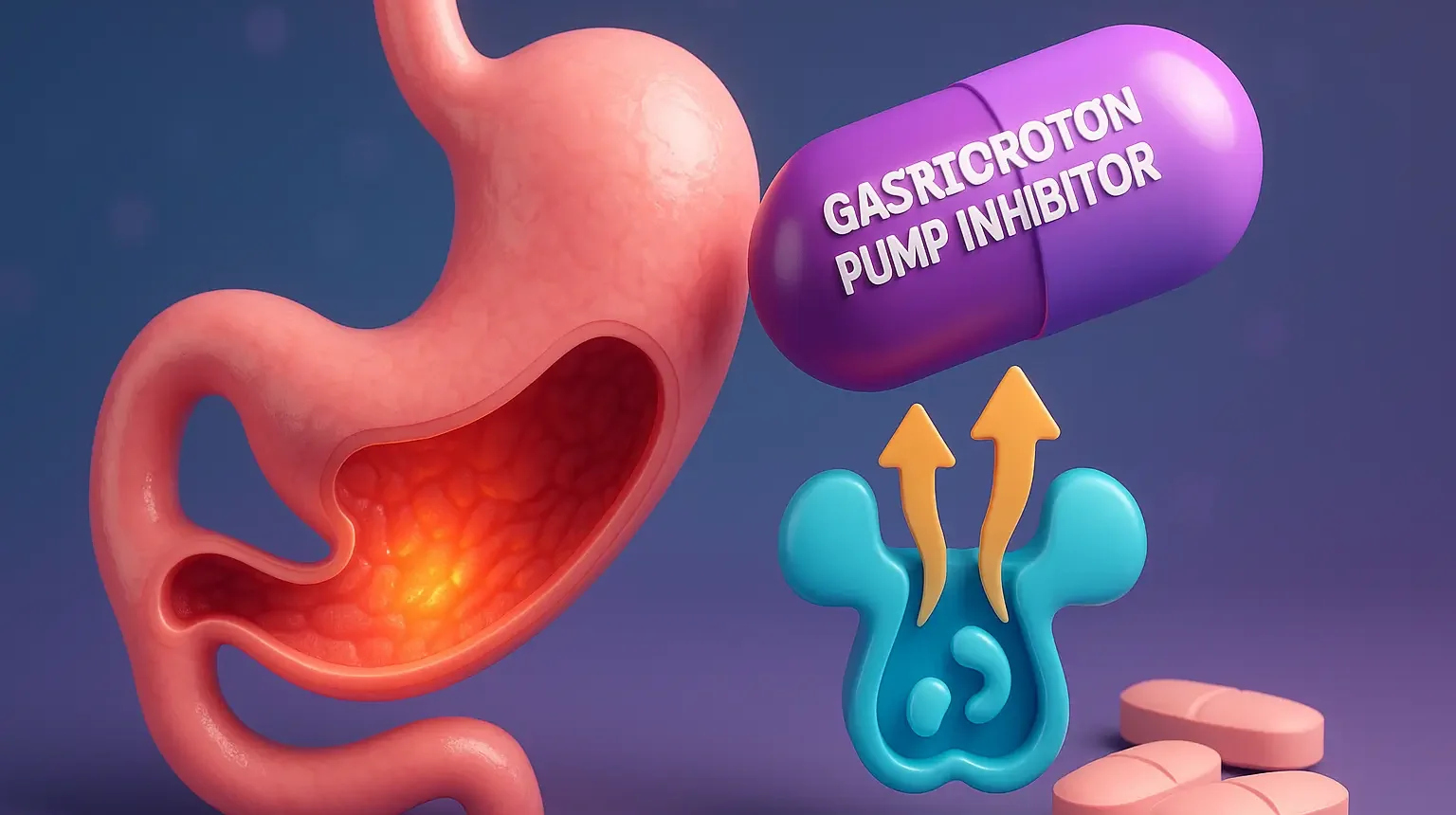Coriander (Coriander Oil)
General Introduction to Coriander (Coriander Oil): Coriander oil is obtained from the seeds of Coriander and is valued for its digestive, antimicrobial, and anti-inflammatory properties. It is also a popular flavoring agent. Synonyms of Coriander: Common name: Coriander Scientific name: Coriandrum sativum Synonyms: Dhania (Hindi) Biological Source: Volatile oil is obtained from the dried fruits … Read more

